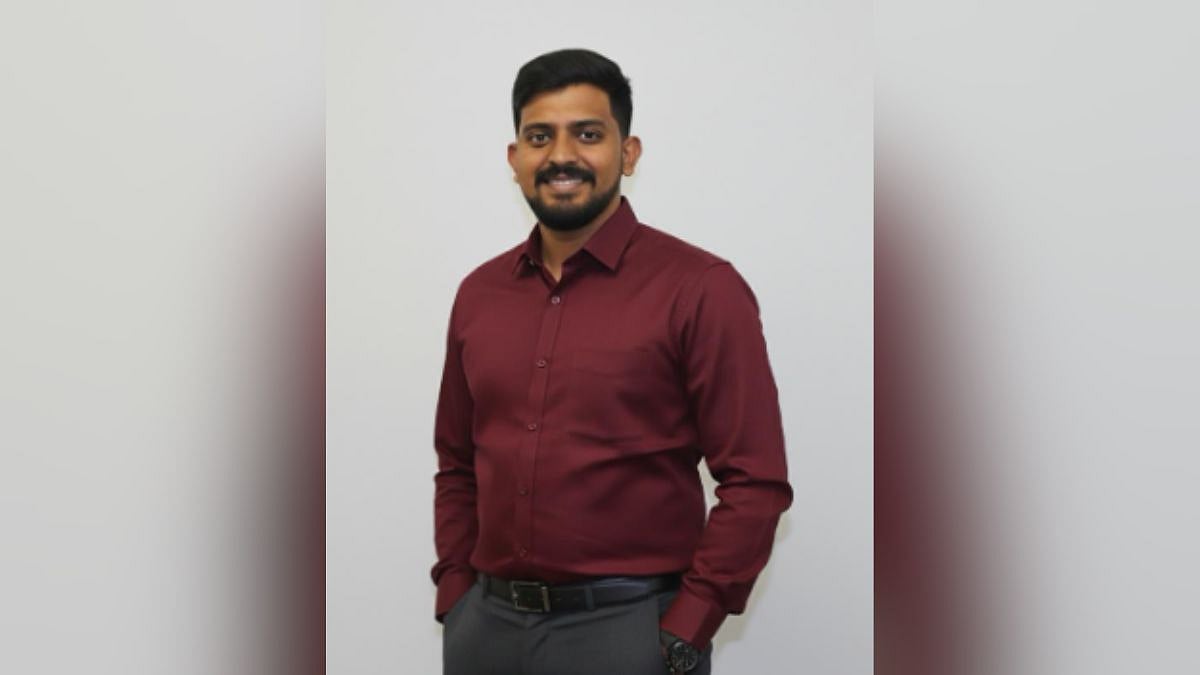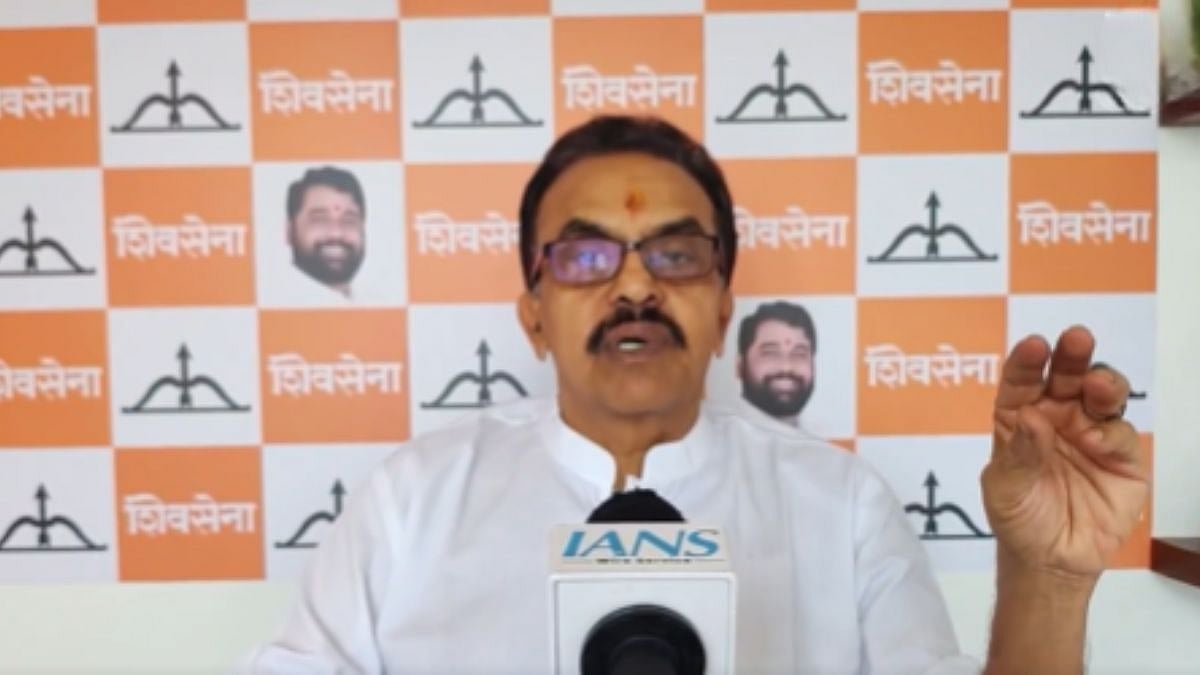In discussions about artificial intelligence and cloud infrastructure, the focus often shifts to speed, capacity, or scalability. For Ganesh Sai Kopparthi, the real measure of progress lies in trust. He believes that intelligent systems will succeed not just because of computational power but due to how predictably, transparently, and ethically they operate. His research and writings emphasize that technology must be accountable to its users.
Kopparthi envisions data ecosystems that are self-aware and self-correcting. They can predict errors and fix them before humans need to step in. His work on cloud cost optimization and adaptive analytics shows how reliability can be built as a core feature, not an afterthought. He has extensively discussed Microsoft Azure and AWS governance frameworks, illustrating how efficiency and integrity can coexist. Each model he proposes connects data lineage, resource management, and AI-based forecasting. This proves that true innovation happens when systems learn from data and their own limitations.
A key element of his philosophy is the belief that elasticity is empathy. A cloud platform that scales responsibly, while balancing power and computation, respects both the environment and its users. Through his studies on adaptive scheduling and telemetry analysis, he argues that an intelligent system must be aware of its operational footprint. For Kopparthi, engineering and ethics go hand in hand. He explains that a network that examines itself honestly becomes more trustworthy.
His research on AI-driven reliability links machine learning with governance. The GRU-CNN hybrid model he developed for predictive analytics is a perfect example of his approach, balancing precision with transparency. By designing learning algorithms that clarify their reasoning and document their decisions, he counters the trend of opaque automation. He envisions a future where infrastructures not only perform better but also understand their own processes.
Kopparthi's intellectual rigor extends to patents, where he formalizes technical creativity through precise claims and verifiable novelty. His published Indian patent and registered design filings blend practicality with foresight. These mechanisms simplify user interactions, cut down data redundancy, and enhance efficiency. To him, drafting a patent is not just a legal task; it is a continuation of scientific inquiry—defining thought boundaries as carefully as one defines database structures or coding logic.
In addition to his research, he significantly shapes global scholarship as an editor and peer reviewer for prominent journals. He describes peer review as the invisible architecture of truth, a system that quietly protects the credibility of modern research. His reviews stress clear arguments, data transparency, and reproducibility, pushing authors to refine both their experiments and communication. Many colleagues see his editorial feedback as mentorship disguised as a critique mix of patience and precision that improves entire journals rather than just individual papers.
This same perspective shapes his broader advocacy for open science. Kopparthi champions equal access to research and asserts that reproducibility should be seen as a public standard, not just a personal responsibility. He calls for incorporating automation and AI tools into publication processes, while insisting that human judgment must stay central to interpretation. While automation may speed up peer review, he argues that only a human can grasp nuance and intent.
Looking ahead, he introduces the concept of predictive ethics—the ability of intelligent systems to identify moral issues before they go live. As algorithms become more autonomous, foresight must be a part of the design. He imagines AI platforms that monitor their actions for bias, privacy issues, and compliance failures, automatically initiating corrections. A reliable system, he states, is one that anticipates failure and prepares for it.
For the public, the impact of this philosophy will be subtle. It will be visible in intuitive interfaces, trusted cloud services, and research papers that cite their data accurately. Yet behind these quiet consistencies is a scholar who sees reliability as a human promise rather than just a technical aim. Ganesh Sai Kopparthi represents a generation of thinkers building intelligence not for spectacle, but for stewardship—combining computation with ethics and engineering with empathy.




